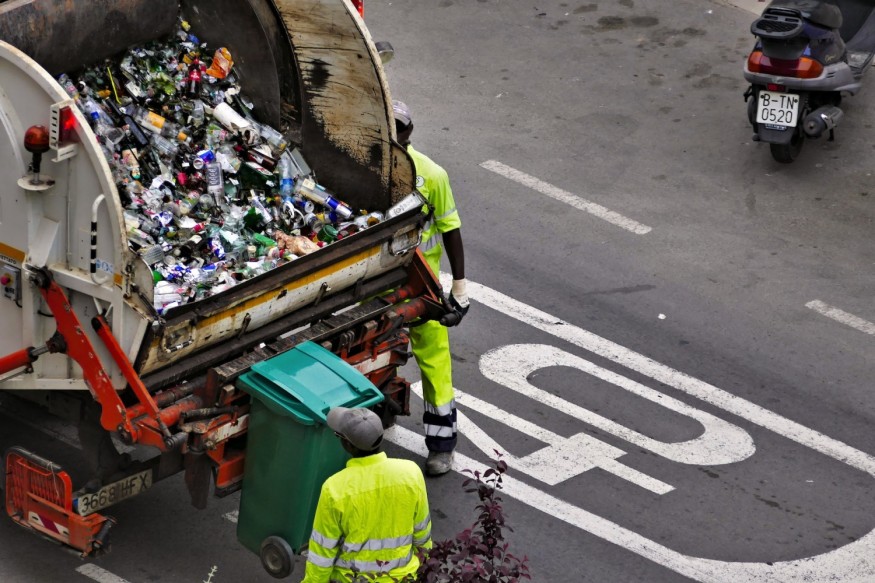Garbage is a waste material consisting of spoiled food or other debris discarded by humans. Over the years, this waste has been growing in different parts of the world, especially in urban areas.
Despite the accumulation of this debris, there are instances where garbage can be recycled and transformed into something useful. One such case is in Turkey, where garbage collectors created a library in Ankara from dumped books.
Turkey Garbage Library

The Turkey garbage collectors gathered discarded books for months until they established the Turkey garbage library out from an abandoned building, located in the Cankaya district of Ankara. The library started with only few titles but increased eventually after local people donated their own books.
In total, the collectors were able to stock 6,000 pieces of literature, which were contributed by residents who donated their own old paperbacks. The said public library opened in September 2017 and consists of a children's section and myriad of books, ranging from English and French language, for bilingual visitors, according to the Global Poverty Project organization.
Global Garbage Crisis
The global garbage crisis is almost synonymous to urbanization and consumerism since it involves products where some are necessity and luxury. However, the crisis is evident in multiple countries worldwide, including first-world and developing nations. In this aspect, population and the demand for commercial products can influence the amount of waste that can be produced.
According to the United Nations Environment Programme (UNEP), the accelerating population growth, economic development, and urbanization are generating increased quantities of waste that can overwhelm current waste management systems. In addition, the UNEP emphasized the challenges of poor waste management is prevalent in poor or low-income countries where the rate of waste collection is often 50%.
At current rates, there seems to be no stopping the global garbage pollution. By 2030, the global middle-class population is projected to grow from 2 billion to 4.9 billion people, wherein each of these individuals are consumers seeking for greater quantities of goods. As mentioned earlier, these goods often end up being a garbage bins or the general waste.
Garbage Recycling
You may have seen the garbage bin categories "biodegradable" and "non-biodegradable" materials in your school, office, or even local public establishments.
This is evidently a part of a community's local waste management, which aims to separate recyclable and non-recyclable materials to lessen the amount of waste which can be sent to landfills and incinerators, according to the United States Environmental Protection Agency (EPA).
In the U.S., the recycling process involves collection, processing, and remanufacturing. Still, there are instances where people, like the Turkey garbage collectors, recycle garbage and turn them into something meaningful such as the Turkey garbage library.
In 2018, the Guinness World Records reported that a giant mosaic made from 10,000 aluminum, bottles, and cans was created in Lebanon after more than 100 people volunteered in the coastal city of Dbayeh.
© 2025 NatureWorldNews.com All rights reserved. Do not reproduce without permission.





